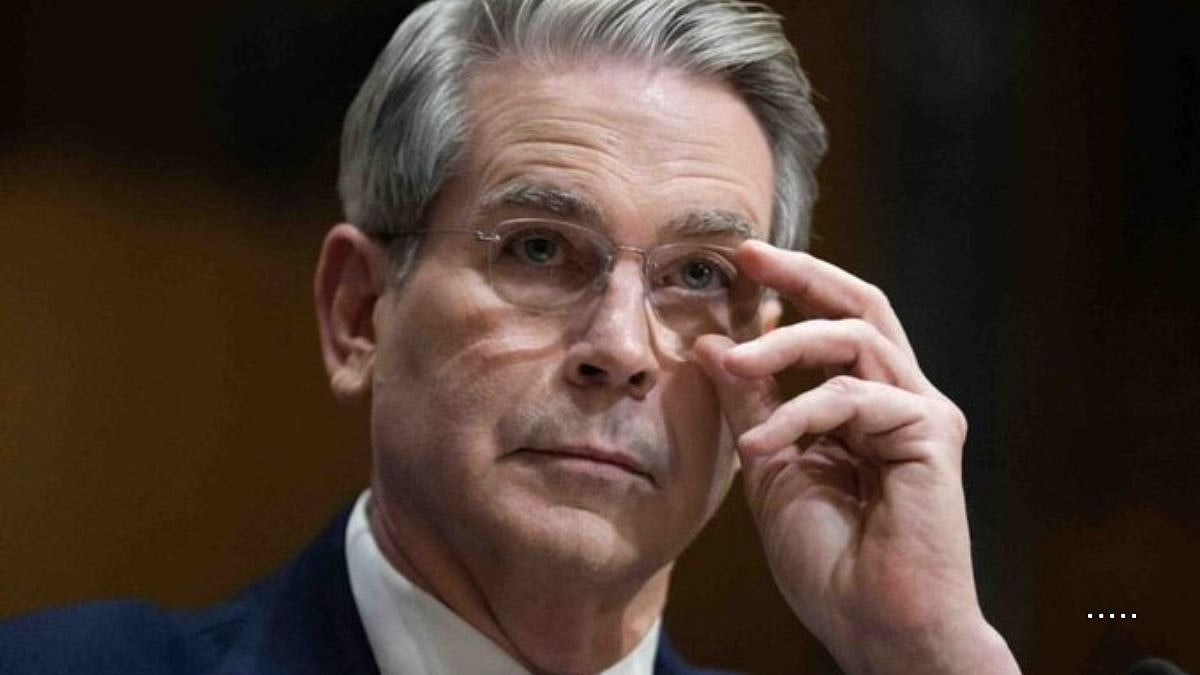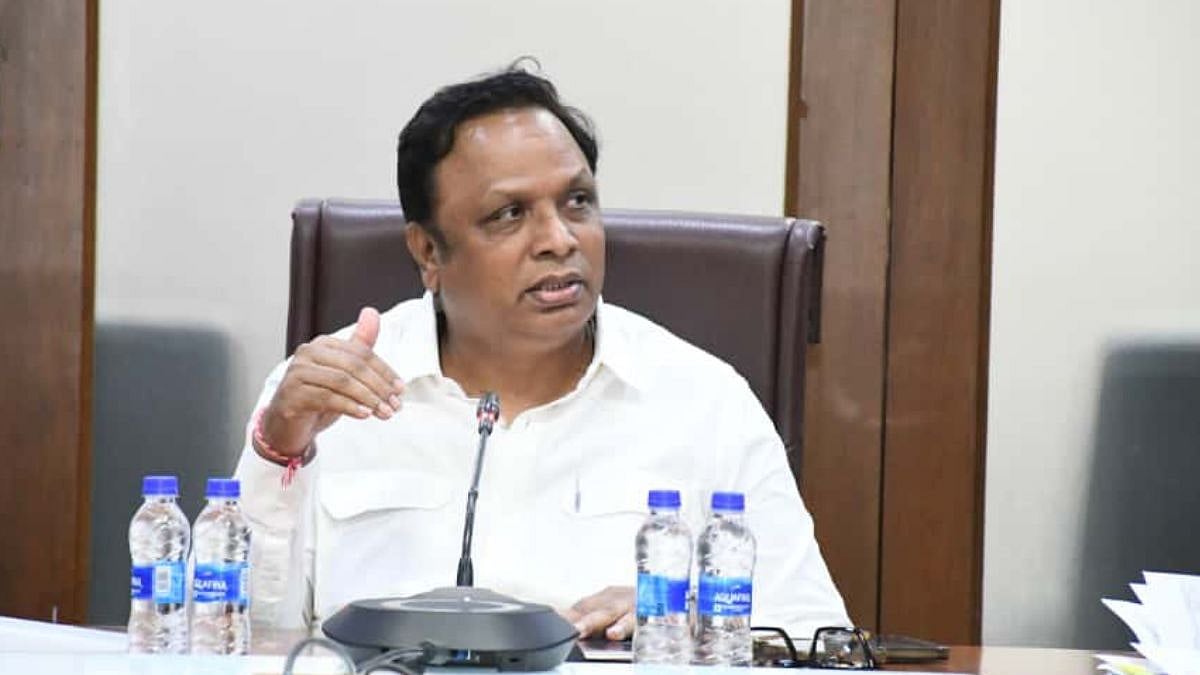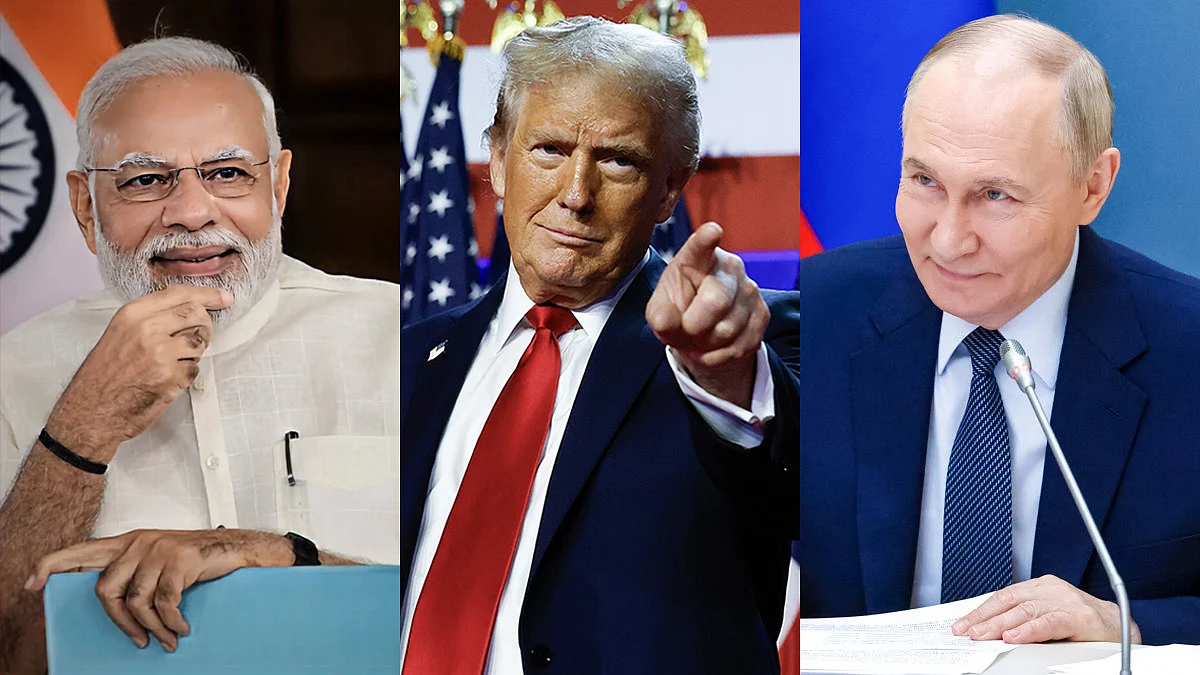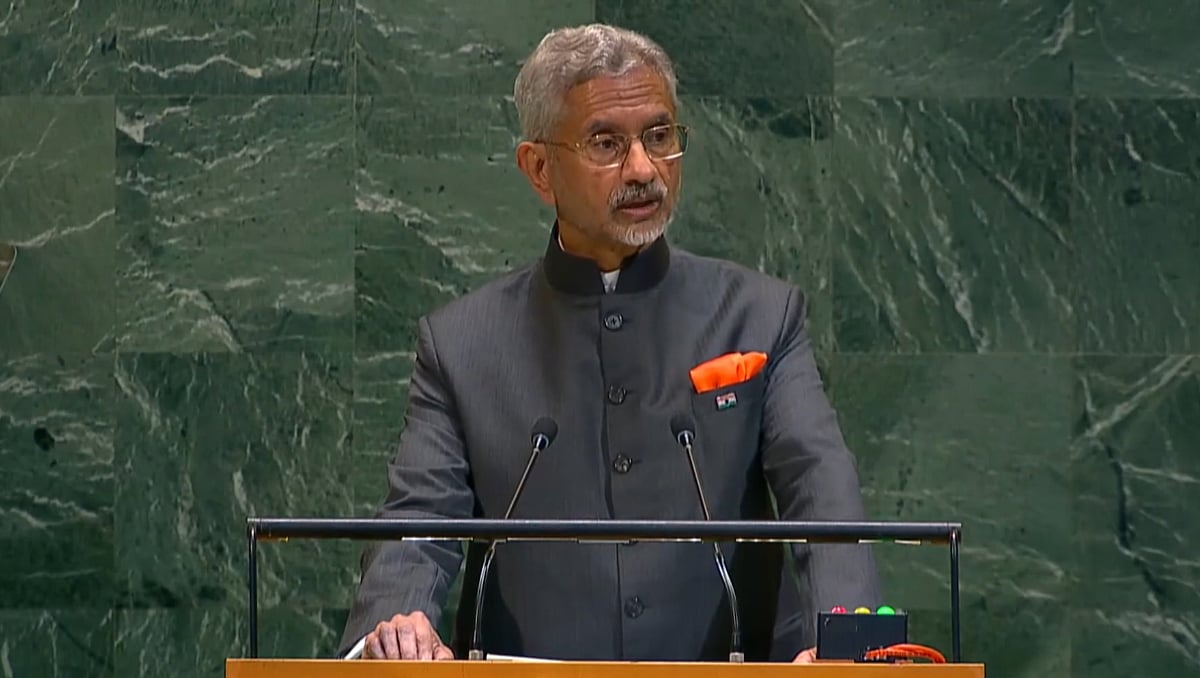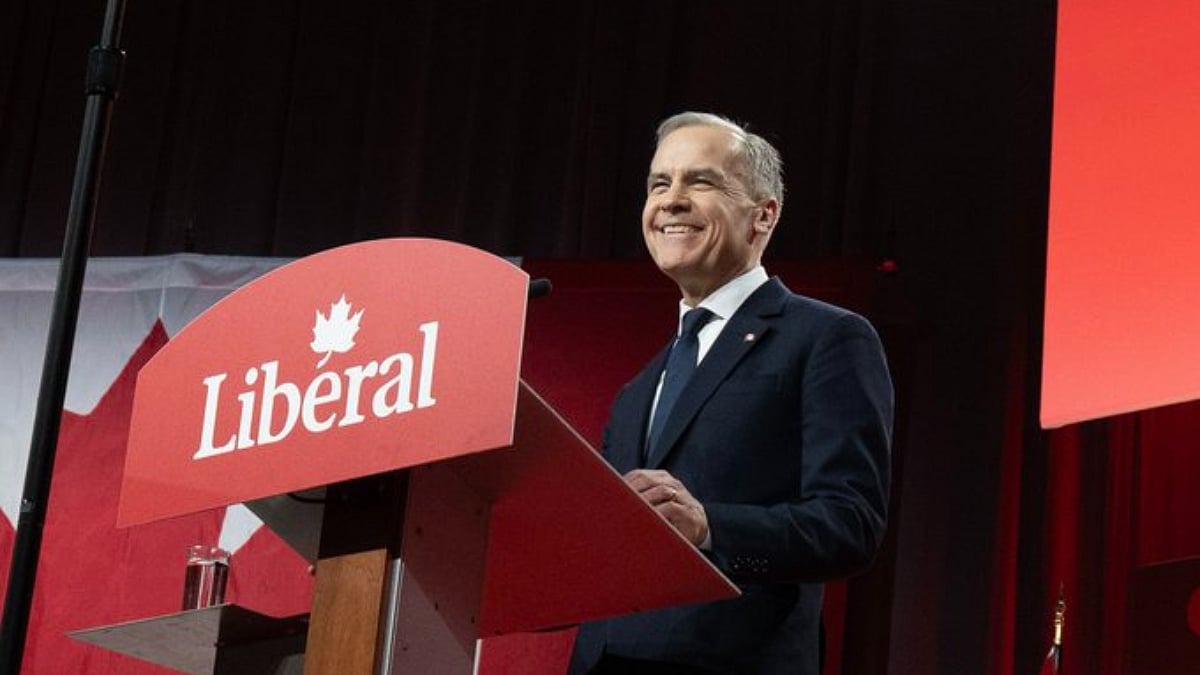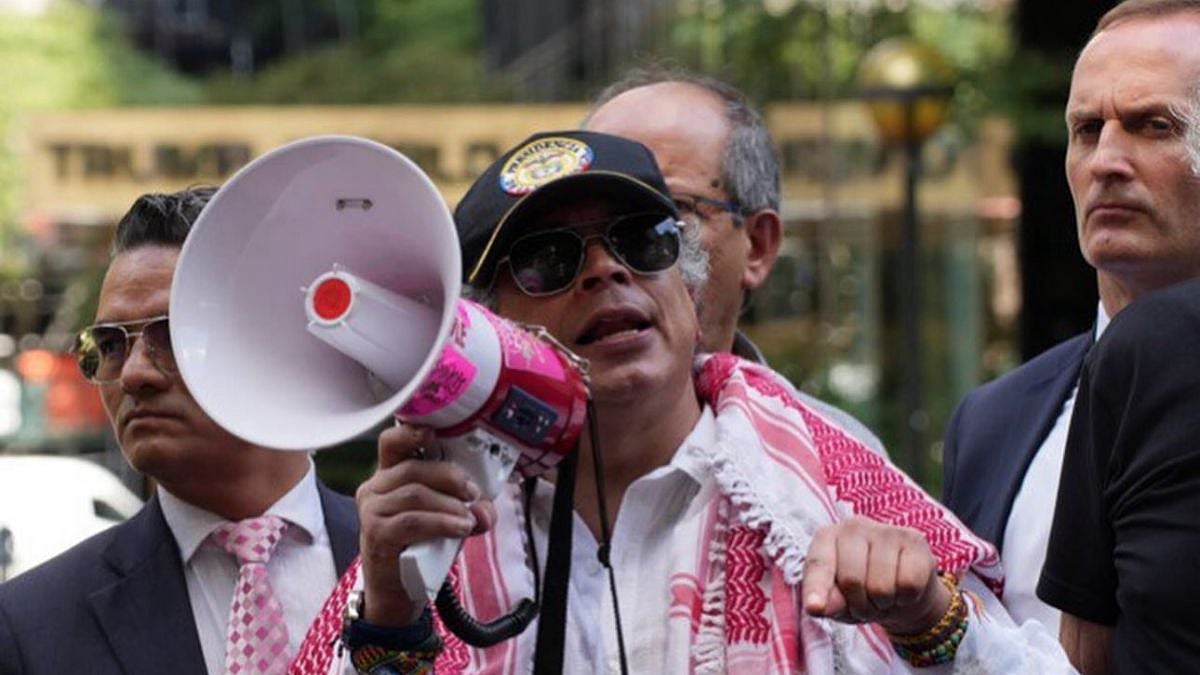New Delhi: US Treasury Secretary Scott Bessent has dismissed any possible moves by BRICS nations to come together to counter the recently imposed tariffs issued on them by President Trump. In an interview with Fox News, Bessent described the recent meetings and phone calls between BRICS as “performative.”
“They can meet, but everyone wants access to the US market. What we have seen thus far is that, apart from a brief retaliation by China, there’s been no retaliation from anyone else. The US has held negotiations with 18 foreign trading partners, and we have substantial deals with two-thirds of them.”
Bessent’s remarks come just after Prime Minister Modi spoke on the phone with President Lula on August 7 in an hour-long conversation. After the conversation, the prime minister wrote on X that India remained committed “to deepening our Strategic Partnership in sectors such as trade, energy, tech, defence and health and more. A strong, people-centric partnership between Global South nations benefits everyone.”
Brazil and India face 50% tariffs from Trump, the highest; he has insisted on major concessions should they wish the tariffs to be removed. In response Lula said that he would reach out to BRICS nations to devise a common strategy against the tariffs.

“Tomorrow I am going to call Prime Minister Modi. Then I will call President Xi Jinping. Then I will call the other presidents.
I am going to try to discuss what each one of them is doing in this situation, and what the implications are for each country so we can make a decision.”
President Lula’s outreach to BRICS nations comes in the wake of a seeming softening of sentiments between India and China. A day after Trump announced the 50% tariffs on India, the Chinese ambassador to India, Xu Feihong, issued a tweet on X that stated. “Give the bully an inch, he will take a mile.”
The Chinese envoy also attached a statement from his country’s Foreign Minister Wang Yi. While the statement did not mention India, it made China’s stance clear. “Using tariffs as a weapon to suppress other countries violates the UN Charter, undermines WTO rules, and is both unpopular and unsustainable.”
China’s support for India comes as the SCO summit draws near when Prime Minister Modi will be making his first visit to China after seven years. The summit is likely to take forward discussions taken up at the BRICS leadership summit held in Kazan, Russia, in October 2024.
Prime Minister Modi said at Kazan that economic cooperation could be strengthened through local currencies rather than relying on the dollar. “Trade in local currencies and smooth cross-border payments will strengthen our economic cooperation. The Unified Payments Interface (UPI) developed by India is a huge success story and has been adopted in many countries…We can also cooperate with other BRICS countries in this area.”
Statistics show over 90% of all global trading is in US dollars.The bigger change is in oil. An estimate by a JP Morgan strategist suggests that 20% of oil trading is now in non-dollar currencies. This figure is being propelled by India and China’s buying of Russian oil in non-dollar currencies. While India has relied on the dirham for payments, China has opted for the yuan.
The move to pay in alternative currencies has, however, threatened the US. In November last year, President Trump threatened BRICS nations with tariffs of 100% unless they committed to never creating “a new BRICS currency nor back any other currency to replace the mighty U.S. Dollar.”
Suranjali Tandon, Associate Professor at National Institute of Public Finance and Policy, states that the idea of an alternative single currency for payment is popular but difficult to implement successfully.
“A single currency works best if similar economies form a union. There needs to be synchronisation of fiscal policies and mobility of labour that can adversely impact larger economies over less stable ones. For example, during the global financial crisis, the bailout of countries such as Portugal and Spain resulted in a sovereign debt crisis in the EU. Finally, large trading and investing economies need to accept the other currency,” she says.
(Except for the headline, this article has not been edited by FPJ's editorial team and is auto-generated from an agency feed.)
